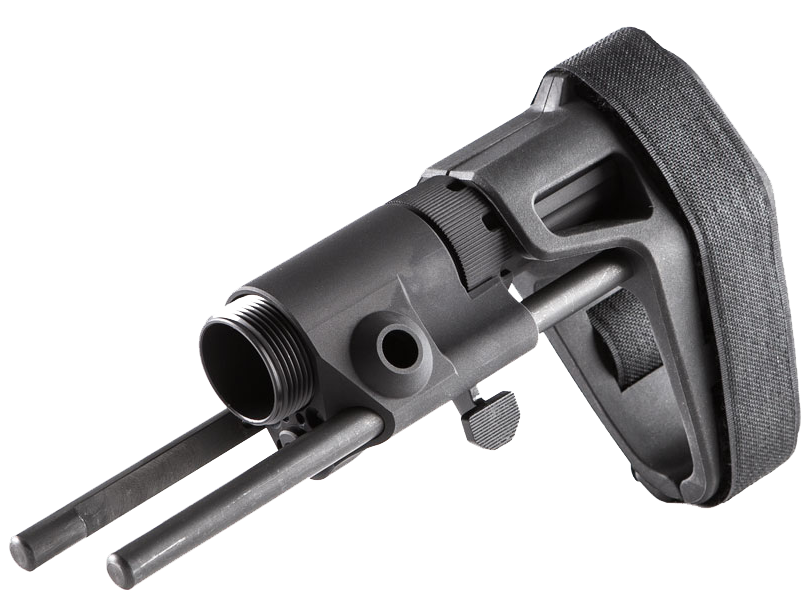The Second Amendment to the United States Constitution is one of the most debated and controversial provisions in American law. It reads, “A well regulated Militia, being necessary to the security of a free State, the right of the people to keep and bear Arms, shall not be infringed.” Despite the many arguments that have been made for and against this amendment, it is important to understand its origins and the role it plays in American society today.
Origins of the Second Amendment
The Second Amendment was adopted by the United States Congress in 1791 as part of the Bill of Rights. The Bill of Rights was added to the Constitution in order to ensure that individual liberties and freedoms were protected from potential government abuse.
The origins of the Second Amendment can be traced back to colonial times. In the 18th century, many colonists believed that owning firearms was necessary for self-defense and protection against potential tyranny. They also believed that a “well-regulated militia” was necessary to defend against foreign invasion and maintain order within the country.
The Importance of the Second Amendment
The Second Amendment has been the subject of much debate in recent years, particularly in the wake of spree killers and other acts of violence. Those who support the amendment argue that it is necessary to protect individual rights and freedoms, particularly in the face of potential government overreach.
Others, however, argue that the amendment has been misinterpreted and has led to a proliferation of firearms in the United States. They argue that reasonable restrictions on gun ownership and use are necessary in order to protect public safety.
the Second Amendment goes beyond just personal protection. It is a fundamental right that ensures that the citizens of this country have the ability to defend themselves against any threat, foreign or domestic. Without the ability to own and bear arms, the power dynamic between the government and the people would be completely unbalanced.
The right to bear arms is a deeply ingrained part of individual freedom in American culture, and many gun owners view their firearms as essential tools for self-defense and protection.
While some of these proposals may seem reasonable on the surface, they ultimately focus ONLY on firearms as if the causes for the issues that create violence are a result of just ONE dangerous item available in society
Conclusion
The Second Amendment is a complex and often controversial provision of the United States Constitution. The right to bear arms is essential for personal protection, national security, and the preservation of individual liberties.
Its interpretation and application continue to be misunderstood, it is important to understand its origins and the role it plays in American society. Whether one supports or opposes the Second Amendment, it is clear that it has had a significant impact on the country’s history and will continue to shape its future.
There may be debates and disagreements about the best way to regulate firearms, we must always remember the fundamental importance of the Second Amendment and the role it plays in our society.





